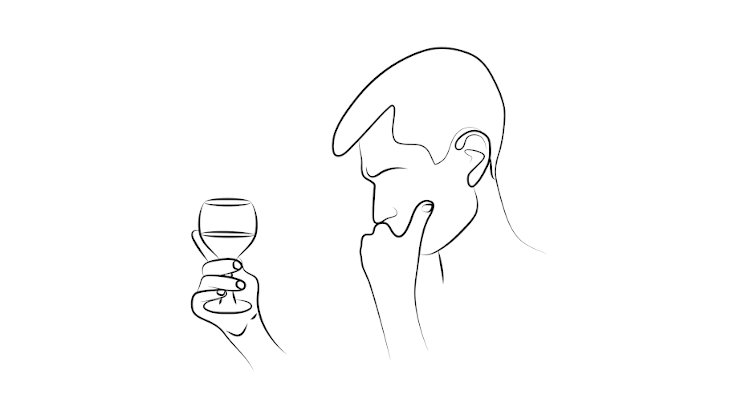We modern humans love to eat. Never before in human history has there been such an abundance of food available to us anywhere and anytime. Snacking between meals has become snacking between snacks and it’s hard for many people to go too long without putting some kind of food in their mouths.
Besides the potential health risks associated with unbounded eating habits, it also makes Jewish fast days that much harder for many today.
But why does Judaism require that we fast in the first place? What’s the purpose?
While some look at refraining from food for an entire day as a punishment, or at the very least an unnecessary challenge, Judaism looks at it as a unique opportunity. Yes, an opportunity.
Let’s explore how.
Throughout the year, there are fast days that are associated with different tragic events that befell the Jewish people throughout the centuries and millennia. The most tragic event of all was the destruction of the Temple that stood in Jerusalem. And it happened twice. In fact, it happened twice on the same day in the Hebrew calendar, the 9th of Av, otherwise known as Tisha B’Av, and for that reason it became the greatest day of mourning in the Jewish calendar.
To emphasize this fact, the fast of Tisha B’Av is longer than other fast days (besides Yom Kippur). On other fast days related to Jewish tragedies, the fast begins with the rising of the sun and ends at nightfall. On Tisha B’Av, like Yom Kippur, the fast extends from nightfall to nightfall, an entire day.
But what’s the connection between fasting and tragedy in the first place?
It’s interesting to note that fasting has become a more popular practice in the world of health and wellness today. People recognize that it’s important, as well as beneficial, to occasionally give the body a break from eating, for both physical as well as spiritual reasons.
The physical benefits of fasting are pretty obvious and center around giving the digestive system a break from digesting and processing all the food that we constantly put into our bodies. To this end, some people skip one meal a week or engage in intermittent fasting, a practice that restricts eating to specific hours of the day.
And while the spiritual benefits of fasting are many, one of the main ones is taking the time we normally invest in preparing food and feeding our bodies and using it instead to focus on other things.
And this relates directly to the deeper purpose behind Jewish fast days.
For Judaism isn’t into fasting for the sake of fasting. And, despite the fact that fasting can physically hurt sometimes, Jewish fast days are not about causing us discomfort or pain.
Detaching ourselves temporarily from eating is meant to help us stay focused on the idea of mourning, something extremely difficult to do when eating a bag of potato chips or a slice of pizza.
But the truth is that Judaism isn’t into the idea of crying over the past, since the past already happened and can’t be changed. Rather, on fast days, especially on Tisha B’Av, we are encouraged to look around our world today and open our eyes to the fact that just like there existed suffering and brokenness in the past, there still exists suffering and brokenness in our world today. And it’s over that brokenness that we’re really mourning.
Once we become aware of this brokenness we are meant to move on to the next aspect of the fast: realizing how our own personal actions contribute to the brokenness of the world.
And from there we get to the final stage of the fast day: teshuvah.
Teshuvah is a powerful idea in Judaism. While it is often translated in English as “repentance”, the act of expressing remorse for one’s past mistakes and misactions only captures a small part of the essence of what teshuvah is really about.
In order to more fully understand what teshuvah is about, it’s important to know that the word is rooted linguistically in the Hebrew word for “return”. The deeper message here is that when we take an honest look at ourselves and admit to the things we have done wrong, and are still doing wrong, when we have true remorse and commit to changing our ways for the good, we are “returning” to our truest and highest selves according to God’s original and ideal vision of us.
Taking a day off from eating helps us to do this important inner spiritual work which normally is very difficult to do. And it’s this kind of work that makes us into better people. And a world with better people becomes a better world. And this helps to fulfill the Jewish value of tikkun olam, fixing the world.
And that’s why the idea of fasting in Judaism is not a punishment and is not a disturbance, but rather a very powerful opportunity for us all.















